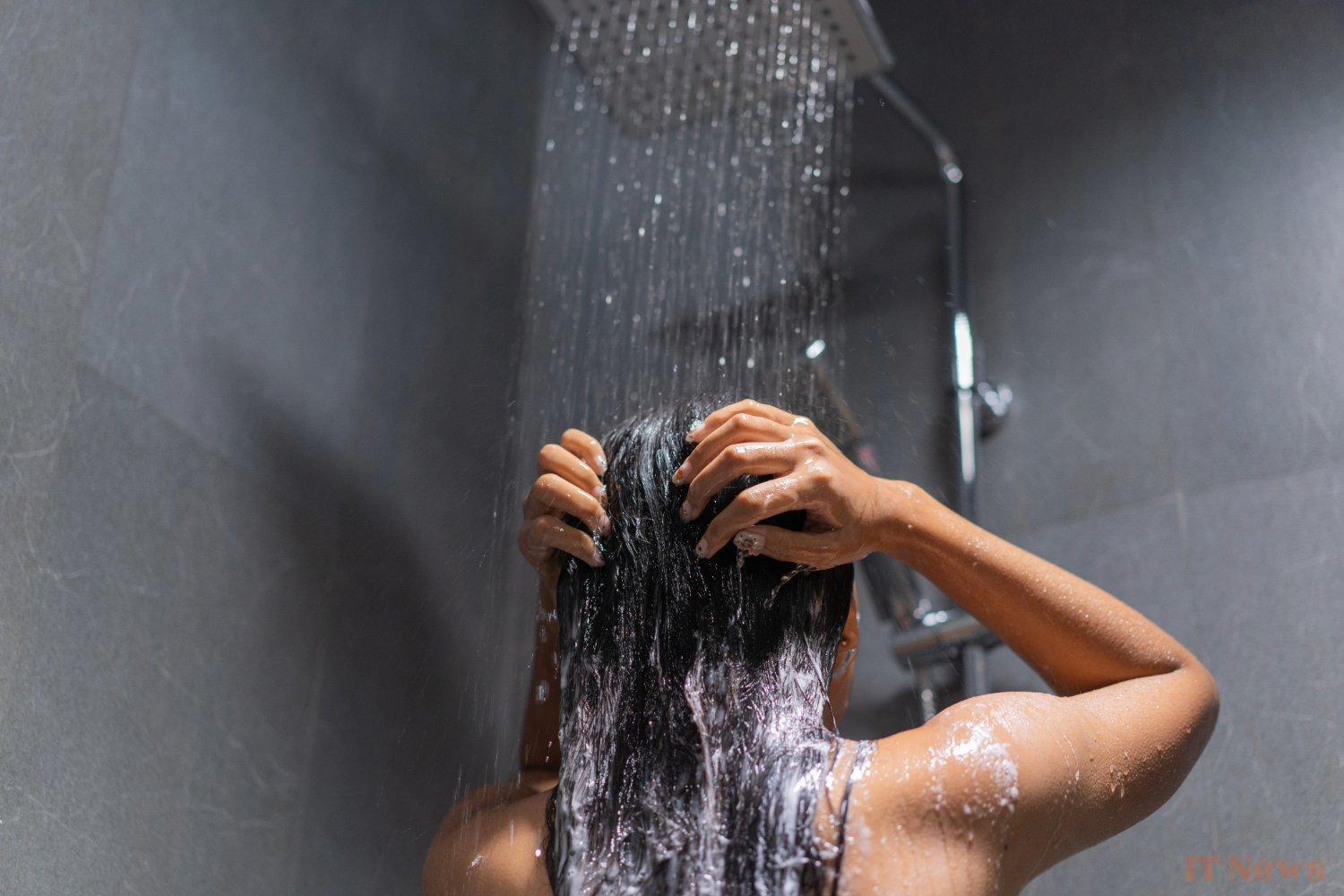A quick, supposedly practical gesture, sometimes even claimed to be ecological... but behind this commonplace habit lies a series of risks for the skin, the urinary organs, and the sanitation of your bathroom.
No, urine is not sterile (and that's a real problem)
It's not a hygiene fad: peeing in the shower is anything but harmless. First of all, urine is not sterile. Contrary to what many believe, it can contain bacteria like E. coli, germs responsible for urinary tract infections, cystitis, and, in some cases, skin problems.
These bacteria are not always immediately flushed away by shower water. They can stagnate, rise up towards the urethra (especially in women, who are more exposed due to a shorter urethra), or infiltrate tiny cuts in the legs and feet. Result: itching, burning, infections... And that's just the beginning.
What the science says
For a long time, it was thought that urine left the bladder completely free of microbes. But in 2014, a major study conducted by the University of Wisconsin (Hilt et al., Journal of Clinical Microbiology) completely challenged this. Using improved culture techniques, researchers discovered that the human bladder contains a microbial flora, a urinary microbiota. These bacteria are present even when there are no symptoms of infection. Urine is not sterile, that's an outdated idea." — Dr. Linda Brubaker, urogynecologist and co-author of the study.
A pH that attacks your skin without you knowing it
The pH of urine, often more alkaline than that of the skin, unbalances the skin microbiome, this thin layer of "allied" bacteria that protect the epidermis. Each urination alters this protective flora, weakens the skin, dries out exposed areas, and promotes fungal infections, eczema or the appearance of dermatitis. You thought you were washing? You may be slowly damaging your skin.
Infections, yeast infections, eczema: the surprise guests in your shower
Another concern: the humid environment of the shower, combined with urine residue, creates a perfect breeding ground for bacterial biofilms. These slimy clumps that cling to joints, nooks and crannies, and the drain aren't just an odor problem: they harbor germs that are resistant to conventional cleaners. In short, the more you urinate in the shower, the more your shower stall becomes a nest of invisible but very real bacteria.
The neurological trap you're programming
And it's not just your body that suffers. There's also a rarely discussed neurological aspect: by urinating while hearing the sound of water, your brain begins to associate the two. This conditioned reflex can lead to an urgent need to urinate as soon as you hear a running faucet, even in unsuitable contexts. In other words, you're training your brain to mismanage your bladder signals. Some studies even suggest long-term pelvic floor problems for people who get into the habit of urinating standing up when their bodies aren't designed for it (especially in women, where standing up is less natural).
The irony? Even from an ecological perspective, the argument is debatable. Yes, peeing in the shower can theoretically save a toilet flush. But if it leads to more frequent cleaning with chemicals, longer showers to "rinse well," or expensive dermatological treatments, the carbon footprint is far from being as green as we want to believe.
So no, peeing in the shower isn't just a personal whim. It's a habit with cumulative, insidious, and largely underestimated effects. Did you think you were saving time? You might end up wasting it at the dermatologist or urologist!



0 Comments